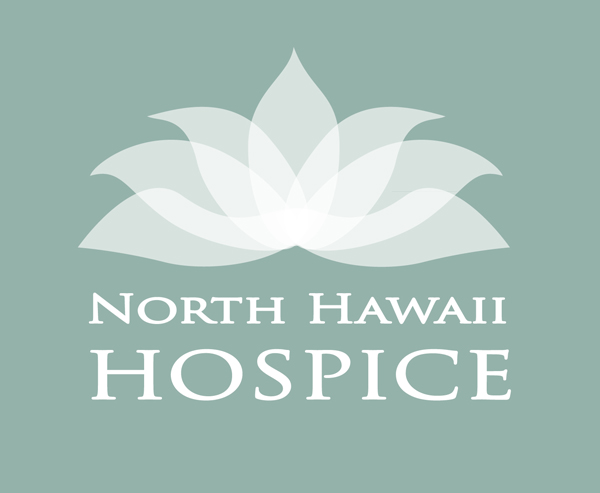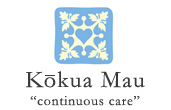Thinking about leaving something to charity? John Roth, estate planning attorney and NHH board president, sheds some light on this topic in his column “Just Ask John” in West Hawaii Today, April 7, 2017.
NHH gratefully accepts various types of charitable gifts. Some gifts may be structured to keep on giving in perpetuity.
Because insurance covers only a portion of the cost to provide hospice care, your gifts are vital in our efforts to continue to fulfill our mission of providing end-of-life care regardless of a person’s ability to pay. It is through the kind and generous support of our donors that we are able to continue to proudly serve the families in North Hawaii.
For more information about donating to NHH, please call us at (808) 885-7547.
Just Ask John
What is the best way to leave something to charity?
People who want to support the work of their favorite charity often make one last gift, at the time of their death. Many use a will substitute to do so.
All or part of a retirement account, such as a traditional IRA (individual retirement account) or 401(k) account, can easily be made payable to one or more charities after the account owner’s death. This can be done without the aid of a lawyer, simply by completing and returning a form provided by the account administrator.
Such gifts can be especially attractive because most charities do not pay income tax. So, while other recipients of these accounts would sooner or later be hit with income taxes at a relatively high rate applicable to ordinary income, a charitable recipient typically is able to use every penny to further its charitable mission.
Many bank and brokerage accounts also lend themselves to simple and fast charitable gifts at the donor’s death. These are generally called POD (pay on death) accounts, and pass outside of probate.
Charitable gifts at the time of death can also be payable under the terms of a life insurance policy, simply by designating one or more charities as beneficiaries on a form provided by the insurance company. A named beneficiary can be changed at any time, and for any reasons, simply by using the company’s form to update the beneficiary designation.
Regardless of which of the above approaches is taken, charitable gifts at the time of the donor’s death can be expressed as all or part of a specific asset, a specified amount of money, or a percentage of an amount yet-to-be-determined, such as the value of the donor’s probate estate, trust estate, account balance(s), or life insurance policy.
If the goal is to leave a charitable gift with built-in flexibility, there are several options. The Hawaii Community Foundation can help in cases like these. They manage donor-advised funds, which function somewhat like a private foundation, but without the complexity or cost. Picture the West Hawaii Fund, which benefits charitable organizations in West Hawaii.
As always, this column does not contain legal advice and you should not rely on any of the above information to determine what is in your own best interest.
John Roth is the founder of Hawaii Trust & Estate Counsel, a statewide estate planning law firm with offices in Waimea, Hilo, Kona, and Honolulu. He has resided in North Hawaii since 2008.



